Facebook and Politics
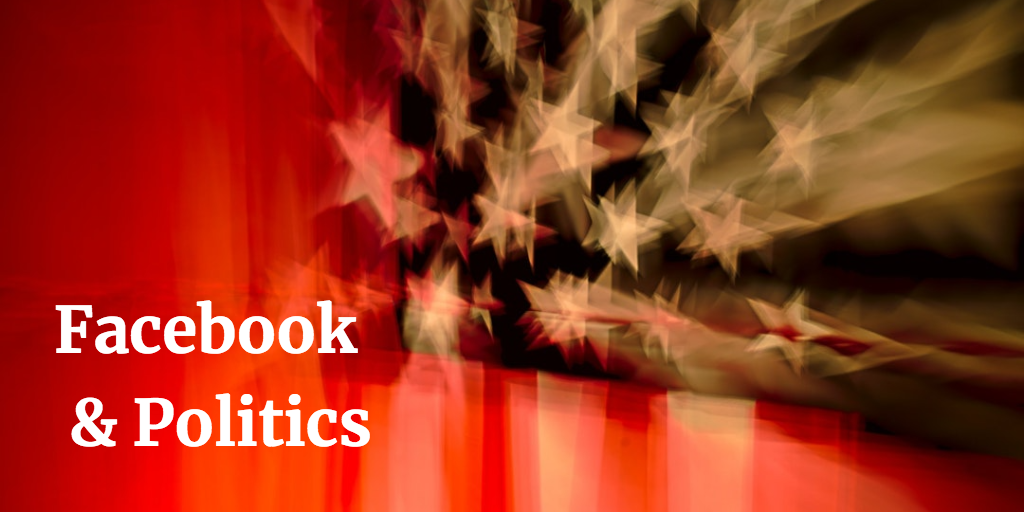
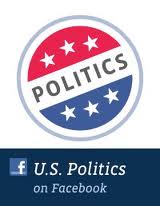 As the dust settles from the second debate, so to do the politics start to settle on Facebook’s news feed about either candidate and their debate performance. However, what’s become interesting in this election v. 2008 isn’t so much the sharing overload from supporters of either campaign. It’s the deflection of the message that has become a bigger story. According to Pew research 1 in 5 people have hidden, blocked or unfriended someone over political material because it was either posted too often or was disagreeable to their views. The amount of blocking and hiding ends up informing Facebook about which friends you start to see more often in your News Feed.
As the dust settles from the second debate, so to do the politics start to settle on Facebook’s news feed about either candidate and their debate performance. However, what’s become interesting in this election v. 2008 isn’t so much the sharing overload from supporters of either campaign. It’s the deflection of the message that has become a bigger story. According to Pew research 1 in 5 people have hidden, blocked or unfriended someone over political material because it was either posted too often or was disagreeable to their views. The amount of blocking and hiding ends up informing Facebook about which friends you start to see more often in your News Feed.
Edge Rank
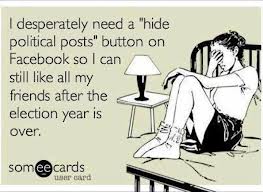 Facebook’s news feed works on something called Edge Rank. Edge Rank is an algorithm which causes posts that you like, your friends like, or have been shared to bubble up to the top of the newsfeed. What has become fascinating over the course of this election, is how people are starting to block certain posts. If you were a Romney supporter and your best friend just shared an Obama victory drive badge, you may think your friend has lost their marbles. How can they support THAT guy? So you hide the message.
Facebook’s news feed works on something called Edge Rank. Edge Rank is an algorithm which causes posts that you like, your friends like, or have been shared to bubble up to the top of the newsfeed. What has become fascinating over the course of this election, is how people are starting to block certain posts. If you were a Romney supporter and your best friend just shared an Obama victory drive badge, you may think your friend has lost their marbles. How can they support THAT guy? So you hide the message.
If you were an Obama supporter, you may hide a number of your friends starting to “LIKE” Mitt Romney. Sadly, while someone’s intentions may be good to spread the message; what ends up happening is they lower the value of their relationship with people they have hidden or blocked. The person’s who sent the message has no idea they’ve been blocked. This is like getting hung up on; with no way to call someone back and apologize and say your passions got the better of you.
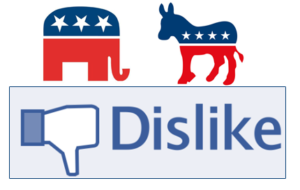
Sharing
Given the nature of Facebook, it’s much easier to share your hatred of a candidate. Mostly because you don’t feel inhibited by people directly in front of you. The act of sharing on Facebook with your network feels less serious than a person actually calling or emailing their network for a cause or candidate and therefore it’s much easier to overreach. This is has been a very quick evolution from prior campaigns. Before ’08 and the social media phenomena, politics was a subject we typically didn’t discuss when friends came over to dinner, because it could lead to confrontation. However, the flip side of the coin is that Facebook has laid bare everyone’s feelings about a particular candidate, which you may or may not agree with, but at least those views have seen the light of day. Is that better or worse?
Our take on the situation is two fold. Facebook has made it much easier to share information and content regardless of its validity. For the most part, I don’t care about your politics. But I do care about seeing your child grow up, which is why I remain open minded about my friend’s political choices. The real value in Facebook is to connect with friends and stay up to date; not to beat a drum for an issue or person repeatedly.
Have an open mind
If a quick visual of your “guy” is the price I must pay to remain in your life and remain connected, then so be it. 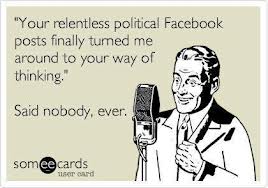 The onus on us as Facebook citizens is to continue to have an open mind about the world around us coupled with a healthy degree of skepticism to try and find a balance between your views and moving outside your side’s echo chamber to consider the other side’s arguments.
The onus on us as Facebook citizens is to continue to have an open mind about the world around us coupled with a healthy degree of skepticism to try and find a balance between your views and moving outside your side’s echo chamber to consider the other side’s arguments.
Or more simply put, to respect your views as you respect mine. This way we can continue to have a relationship as friends and share our lives.
